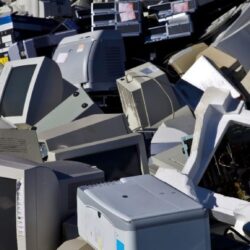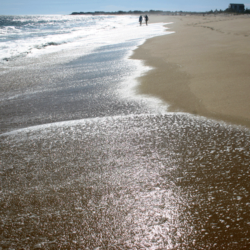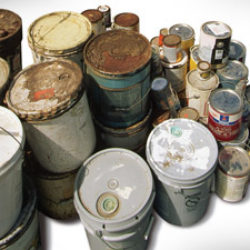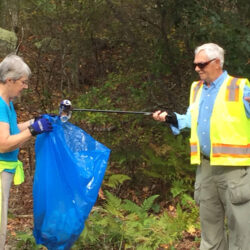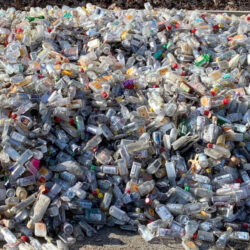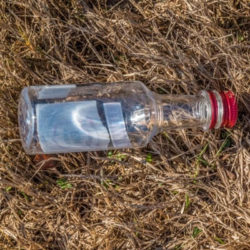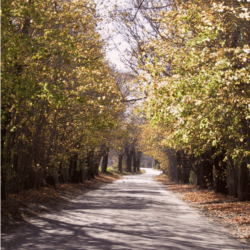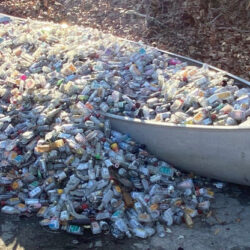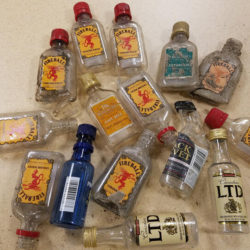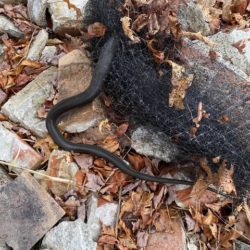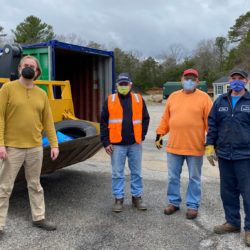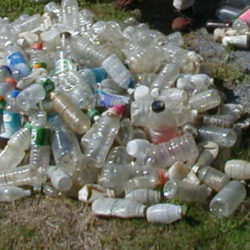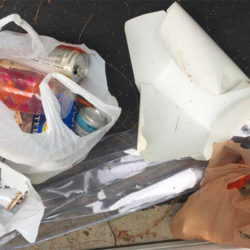The outdoor release of balloons can pose a threat to wildlife and the environment, often ending up in waterways, where animals are attracted by their bright color and mistake them for food, which can cause injury or death to the animal. Sea turtles, dolphins, whales, fish and birds have been reported with balloons in their stomachs and entangled in ribbons and strings, causing death. There are two types of balloons in general use – latex and Mylar. Although latex balloons are considered biodegradable, this will take anywhere from 6 months to 4 years to decompose and they can wreak a lot of havoc before they do. The House Judiciary Committee is holding for further study legislation introduced by Rep. Susan Donovan of Portsmouth that bans the intentional release of balloons into the air. This was supported by the Charlestown Town Council last year. “Holding for further study” usually means it didn’t have the support of leadership. We’ll see if this changes in the new session.

